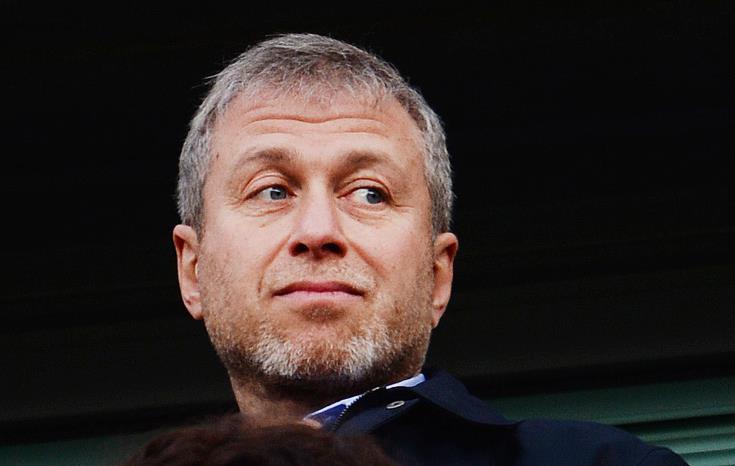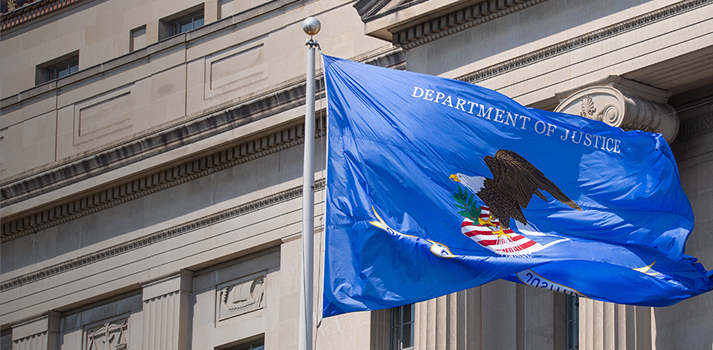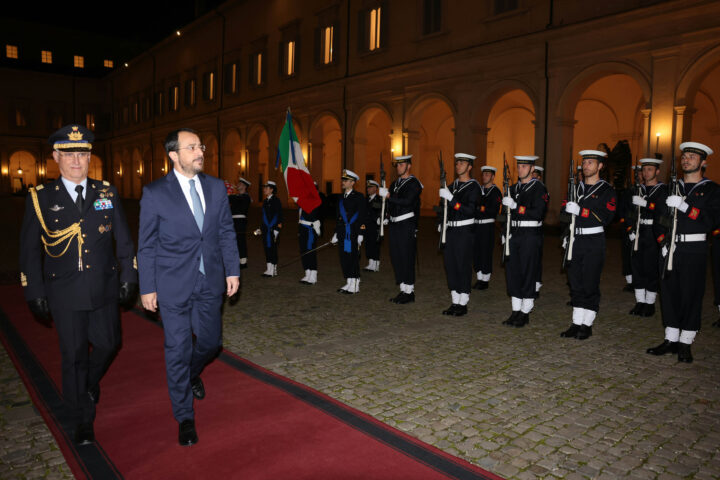Sanctions imposed by the US and UK on Cypriot alleged ‘fixers’ has the services sector fearing their efforts to clear the island’s name from the golden passports scandal are in vain.
Cyprus’ finance and auditing sectors are in damage control from a domino effect following US and UK sanctions on Cypriot financiers accused of helping Russian oligarchs hide their assets after the Ukraine war.
In comments to the Financial Mirror, the president of the Institute of Certified Public Accountants of Cyprus (ICPAC), Pieris Markou, said the industry suspects the list could grow in the coming weeks, with UK and US authorities inflicting collateral damage on the economy.
Noting that the EU has not ratified the sanctions, Markou added that there is a fear that more companies could see their names on sanctions lists soon without necessarily doing anything wrong in the eyes of the law.
Companies affected by the current sanctions lists have reported operational problems, such as paying salaries.
“We currently have a set of sanctions, which are not enforced in Cyprus, but the banks have complied.
“This means that companies involved have had their accounts frozen, which causes operational issues because they cannot make any expenses”.
Anyone employing 200 workers without being able to pay their salaries would need special permission from the Ministry of Finance to do so, which is not easy to obtain, Markou said.
As reported, one of the sanctioned law firms employs some 350 people.
ICPAC is a regulatory body that often conducts inspections, during which it refers violations to the relevant authority, the Ministry of Justice.
The UK government has accused two Cypriots of knowingly assisting the billionaire Russian oligarchs Roman Abramovich and Alisher Usmanov in hiding their assets.
“We had visited the offices which had been providing services to Russian businessman Roman Abramovic, one of the first to be sanctioned by UK authorities.
“We had established that the firm had cut ties with the businessman,” said Markou.
Asked about past practices involving the operation of off-shoot services of larger auditing firms in assisting higher-risk clients, Markou said Cyprus auditors had shed high-risk activities since the war in Ukraine.
“The sector should focus on reversing the country’s bad reputation, so we can’t ignore sanctions imposed by the US and UK.
“One of the actions we are already taking is to ensure that auditors keep away from high-risk clients, which are included or could be included in sanctions lists.
“Our business model has to change.
“We are already refocussing our business, targeting companies with a physical presence in Cyprus”.
Reorganisation
He said reorganising the industry is the only way to move forward and recover a large part of revenues lost following sanctions on Russia and Russian businesses over the war in Ukraine.
When the first sanctions were imposed, stakeholders estimated their revenues had shrunk by 15% after Russia’s invasion.
Another source from the services sector, not wanting to be named, told the Financial Mirror that the industry needs to rethink its modus operandi, shaking off any connections with dubious financiers.
“It is clear that there is an issue with how the industry’s business model had been structured in the past.
“Although one could claim that they were victims of power games, as the US tries to deliver harsher blows to the Russian economy, these firms were found to be part of a plot to hide assets,” said the source.
“The whole incident is an opportunity to reshape the industry, shaking off the stain of the golden passport scheme.
“We need to move forward focusing on real business, with real benefit for the island’s economy”.
President of the bar association, Christos Clerides, said: “Until proven otherwise, this appears to be a political decision aimed at undermining the asset management structure that was put into action even before sanctions were imposed on Russia for invading Ukraine”.
Clerides argued that the US and the UK are acting based on a new philosophy being implemented for the first time to tighten the hold on individuals and businesses supporting Russian interests.
The veteran lawyer also feared that sanctions would be extended to other law firms and the government should help by getting ahead of developments.
“The government needs to contact the United States and Britain at the highest level so that we are not caught off guard”.
President Nikos Christodoulides has reaffirmed Cyprus’ pledge “not to allow for even a shadow of doubt in the way it will handle the matter”.
He stressed the government’s “clear political will” in its approach.
President Christodoulides said that the government expects to receive the first “concrete data that we have requested on the matter of the sanctions imposed on individuals and legal entities in Cyprus.
He said Cyprus is in daily communication with the USA and the United Kingdom “to acquire evidence so that the competent authorities of the Republic of Cyprus can do what needs to be done”.
A total of 10 Cypriots and 13 foreign-born Cypriot nationals and 20 companies, dubbed as “oligarch enablers,” have been sanctioned by the US and the UK.
The latest round of restrictions connected to the Ukraine war includes asset freezes and travel bans on Demetris Ioannides, his company, Christodoulos Vassiliades and his law firm.
The UK government has accused the two Cypriots of allegedly knowingly assisting the billionaire Abramovich and Alisher Usmanov in hiding their assets.
Former Chelsea FC owner Abramovich is seen as a pro-Kremlin oligarch, with the EU imposing sanctions on him for allegedly benefiting from close relations with Russian President Vladimir Putin.
UK officials have also focused on the complex financial holdings of Usmanov, a Russian metals magnate, and imposed sanctions on companies and associates linked to him.
The government will create a national sanctions implementation unit.
Nicosia will work with the UK-based sanctions unit to establish this new department.










